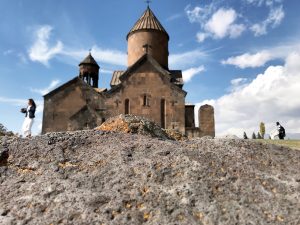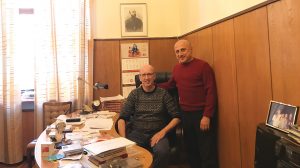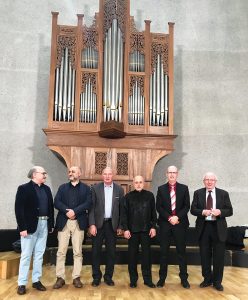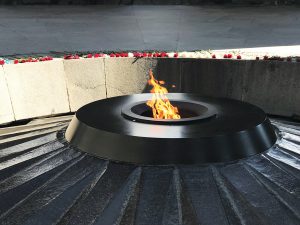Internationaler Chorkompositionswettbewerb zu Ehren von Komitas Vardapet, Das Lied, das sich über die schneebedeckten Gipfel Armeniens erhebt
Andrea Angelini, Chorleiter, Komponist, Musikjournalist
Dieser Artikel wurde zuerst im Blog DIRIGO (www.dirigo.cloud) des italienischen Chorleiterverba…Read More →















